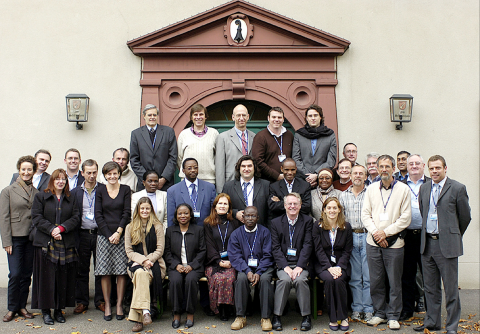This meeting highlighted key insights for RBM Partners on malaria vector control, particularly regarding LLINs, IRS, and insecticide resistance management. The discussions reinforced the priority of LLINs over conventional ITNs despite higher initial costs and emphasized the importance of strategic distribution methods, such as mass "catch-up" campaigns followed by continuous "keep-up" strategies. Coverage models underscored the need for better documentation of LLIN lifespan and improved communication to enhance usage after mass distributions.
For IRS, recent studies confirmed its high cost-effectiveness, particularly in epidemic-prone areas. The meeting stressed the importance of integrating LLINs and IRS, though more empirical evidence is needed on the cost-effectiveness of combining both interventions in tropical Africa.
Regarding insecticide resistance, the rapid spread of pyrethroid resistance emerged as a major concern, driven by both agricultural and public health use. Participants highlighted the need to preserve pyrethroid efficacy while developing alternative compounds and prioritizing non-pyrethroid IRS formulations. Future strategies must be science-driven, considering resistance mechanisms, and should promote the development of LLINs effective against resistant Anopheles mosquitoes.

